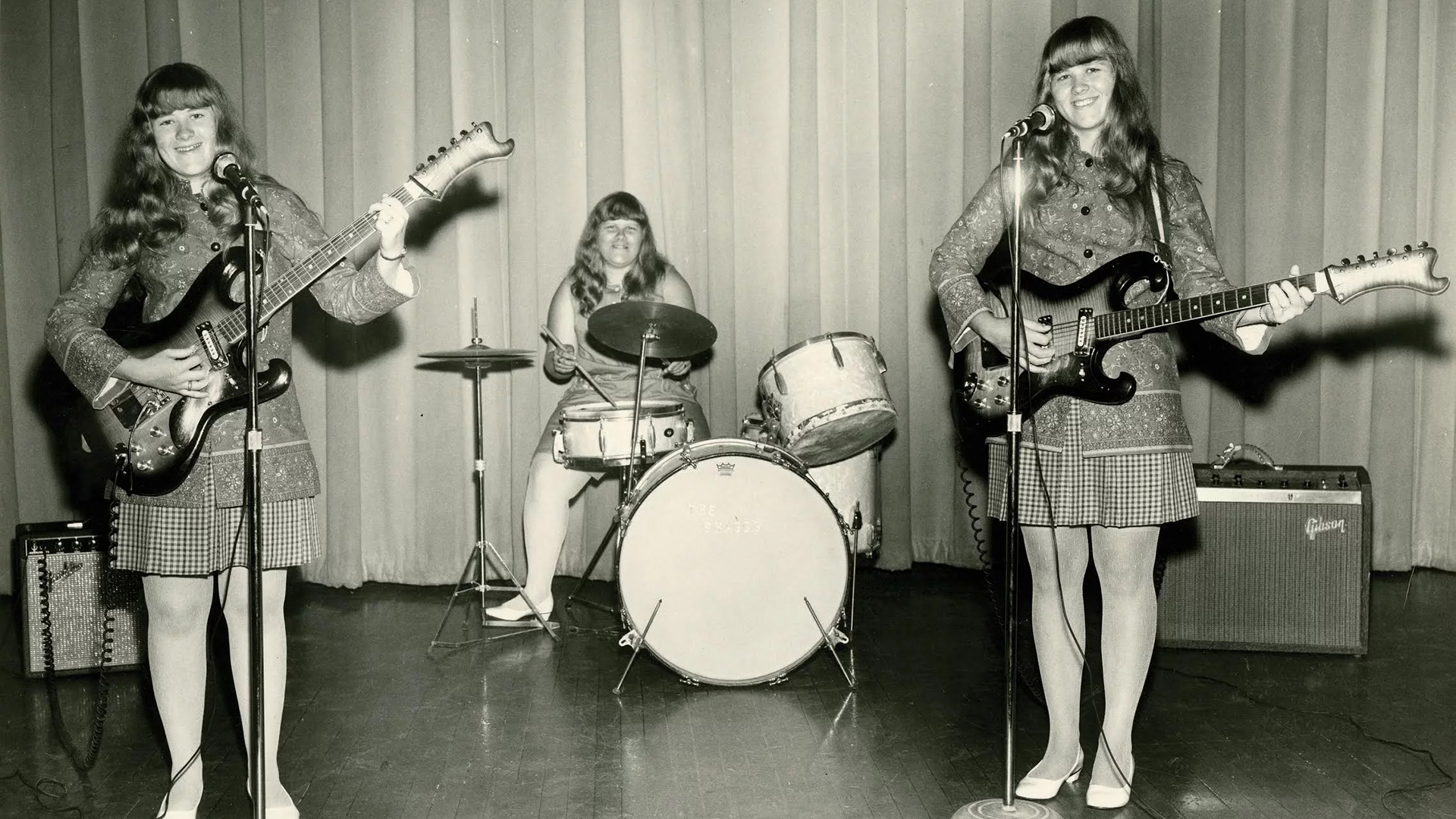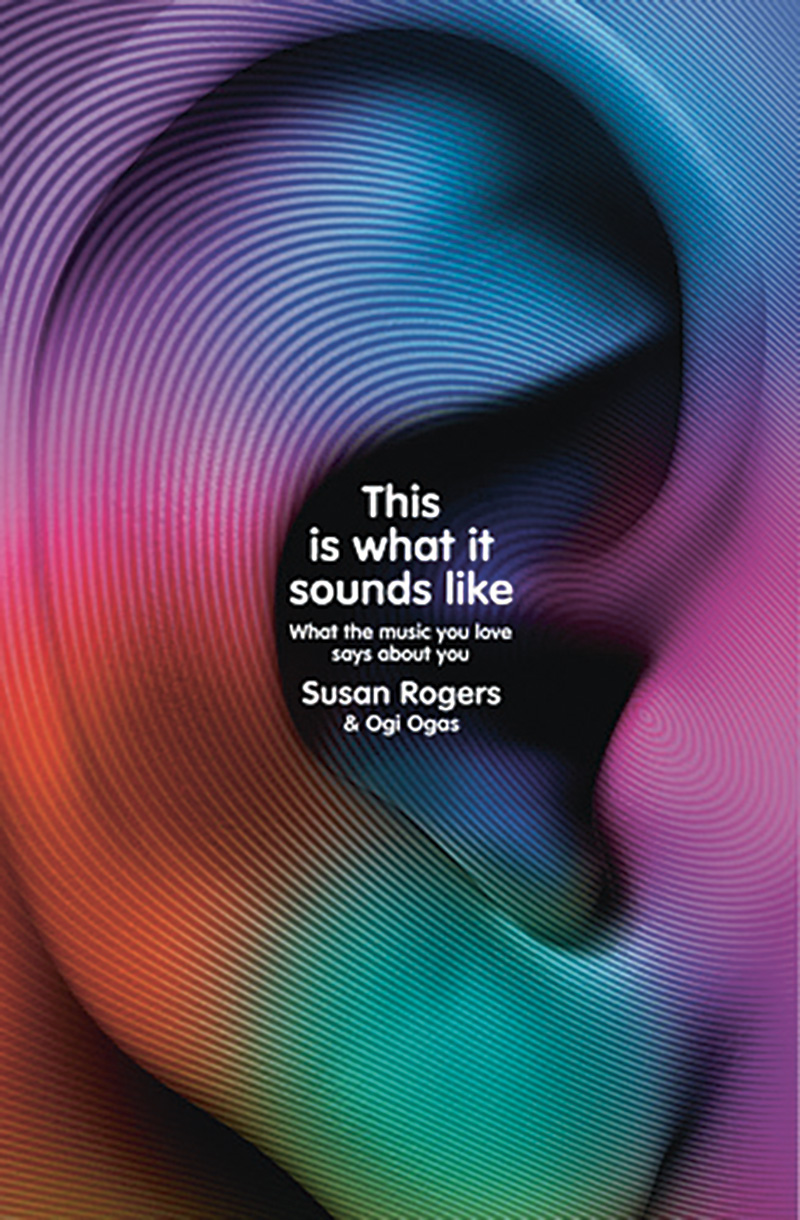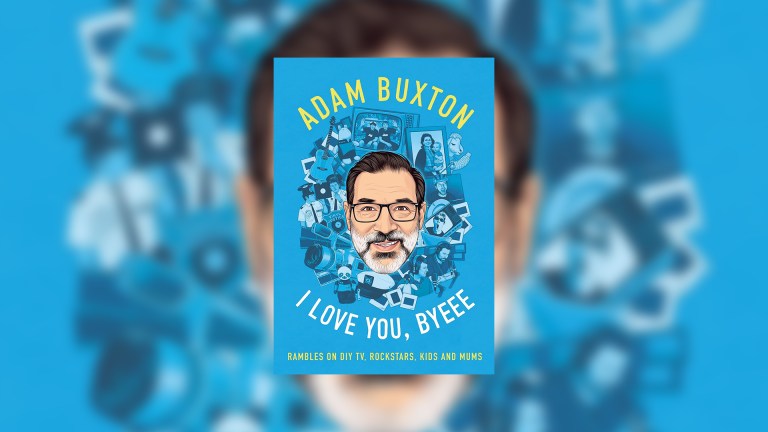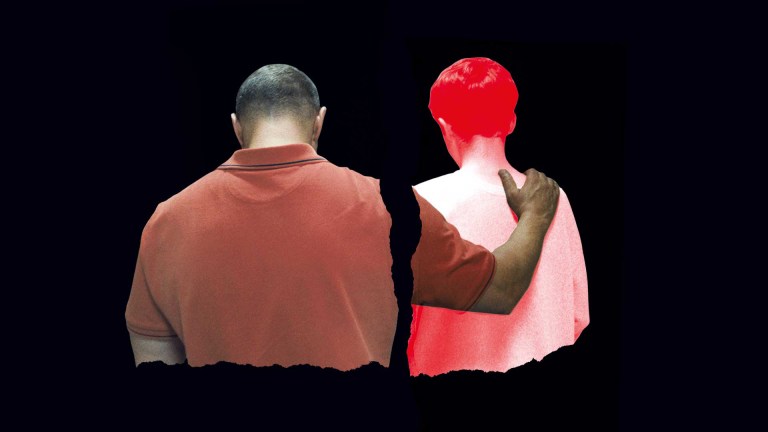As a successful music producer (Prince, David Byrne) turned cognitive neurologist, Susan Rogers is unusually well qualified to investigate the mysterious, drug-like impact music has on the physical body and the emotional mind. But it is a bold soul who promises to “explain why you fall in love with music”, as she does in her new book, This is What it Sounds Like.
There is a long history of songwriters/philosophers/scientists/mathematicians trying and failing to explain how a simple key change or set of harmonies can summon, like a wizard’s spell, an instant rush of euphoria or a gut-punch of grief. As the great 19th-century novelist Victor Hugo asserted, “music expresses that which cannot be said”. The American musician/actor Martin Mull put it nicely in his famous scoff that writing about music is akin to “dancing about architecture”. So while I applauded Rogers’ audacity, my initial thoughts were that she was either a delusional dreamer or a shifty spin doctor.
Well, hold the phone. This is What it Sounds Like might not provide an epiphany, but – and I say this fully aware of the stature of such a claim – Rogers’ theories, both scientific and romantic, come as close to a breakthrough to anything I’ve read since Daniel Levitin’s brilliant This is Your Brain on Music.
The book sets out its stall by identifying seven “influential dimensions of musical listening” – authenticity, realism, novelty, melody, lyrics, rhythm, and timbre – then dedicates a chapter to each. In Authenticity, for instance, Rogers uses the musically primitive but heartfelt Philosophy of the World album by New Hampshire sister act The Shaggs (“They can’t play a lick, but they got the right attitude,” enthused the legendary music writer Lester Bangs) to consider how faith in the earnestness and honesty of the performance affects listener response. Further on, her academic probe of ascents and descents in melodic contours and harmonies is robust and convincing, and her dissection of the emotional effect of Frank Sinatra’s unique phrasing is up there with Dylanologist Paul Williams’ masterful studies of his idol’s vocal ticks.
Rogers’ neuro-scientific nous is boosted by her gift for communication; her insights into brain networks and memory associations make sense even to the most uninformed layman. Equally, her genuine love for her subject gives credence to more subjective conclusions about poetical and polemical lyrics, and their passionate call to arms, or Proust-like conjuring of nostalgic tidal waves.
But perhaps most significant of all are Rogers’ theories on how the listener’s individual past experiences affect his/her response to the various elements of a piece of music. This is not a slippery get-out clause regarding her failure to offer a catch-all theory, rather it explains why such a thing is, for the best, most human reasons, an impossibility. And why that might the best thing of all about our eternal quest to keep trying.











